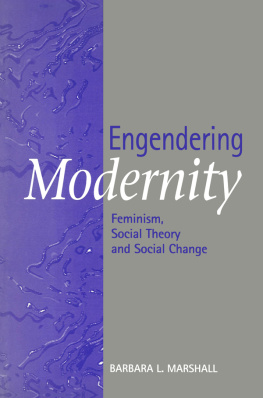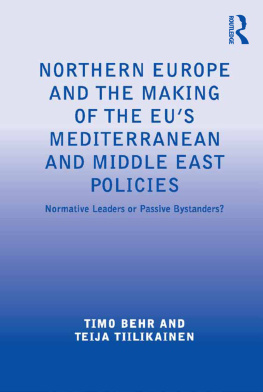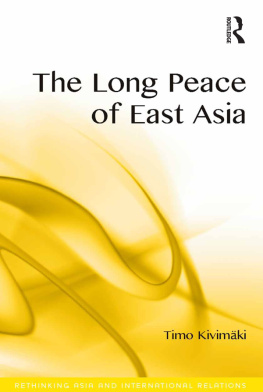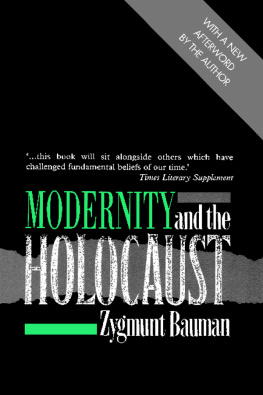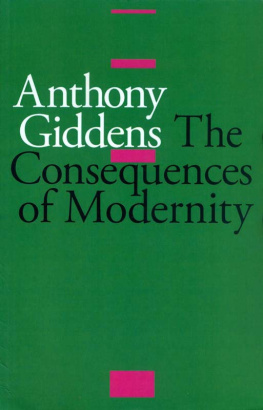
Towards Glocal Social Work in the Era of Compressed Modernity
This book addresses the change in social work in the frame of modernisation. Through Mary Richmonds classical idea of social work, the book seeks to set current societal trends affecting social work into the context of a long historical line, opening spaces for the new debates within the social work discipline as well as proposing and taking some new directions in the current era of compressed modernity. From the viewpoint of social work, there still is an individual in a situation, however, the situation has profoundly changed during the past hundred years.
Divided into seven chapters, topics covered include, firstly, the rethinking of Richmonds original idea, revisiting the modernisation theories and social transformations as well as discussion on the social work theories and mandates according to the chosen classics. Secondly, the book continues with sketching the pillars of compressed modernity and rethinking the global and local relations. During the era of glocalisation, polycentrism, digitalisation and hybridisation, the previous conceptualisations of social theory have to be reconsidered. Finally, a proposal for glocal social work vision is represented by setting questions which should be taken under scrutiny.
Academics, researchers, practising social workers and students of social work, as well as of social policy, administration, social law and other social sciences, will find this book to be an essential text for understanding the current societal changes, trends and tendencies. The book provides a lot of information for policymakers and citizens interested in the background knowledge for the contemporary societal situation.
Timo Harrikari is Professor of Social Work at the University of Tampere, Finland. He is current President of the Finnish National University Network for Social Work (Sosnet) and a member of several national boards related to social work discipline, teaching and practice.
Pirkko-Liisa Rauhala is Adjunct Professor and Lecturer in Social Work at the University of Helsinki, Finland. She has been a member of several international research groups, and co-author of many books based on comparative empirical analyses.
Contemporary Social Work Studies
Series Editors:
Lucy Jordan, The University of Hong Kong, China Patrick OLeary, Griffith University, Australia
Contemporary Social Work Studies is a series disseminating high quality new research and scholarship in the discipline and profession of social work. The series promotes critical engagement with contemporary issues relevant across the social work community and captures the diversity of interests currently evident at national, international and local levels.
Other titles in the series include:
Social Work in a Corporate Era
Practices of Power and Resistance
Edited by Linda Davies and Peter Leonard
Reflecting on Social Work - Discipline and Profession
Edited by Robin Lovelock, Karen Lyons and Jackie Powell
Broadening Horizons
International Exchanges in Social Work
Edited by Lena Dominelli and Wanda Thomas Bernard
Beyond Racial Divides
Ethnicities in Social Work Practice
Edited by Lena Dominelli, Walter Lorenz and Haluk Soydan
Working with Ethnic Minorities and Across Cultures in Western Child Protection Systems
Pooja Sawrikar
Towards Glocal Social Work in the Era of Compressed Modernity
Towards Glocal Social Work in the Era of Compressed Modernity
Towards Glocal Social Work in the Era of Compressed Modernity
Timo Harrikari and Pirkko-Liisa Rauhala
First published 2019
by Routledge
2 Park Square, Milton Park, Abingdon, Oxon OX14 4RN
and by Routledge
711 Third Avenue, New York, NY 10017
Routledge is an imprint of the Taylor & Francis Group, an informa business
2019 Timo Harrikari and Pirkko-Liisa Rauhala
The right of Timo Harrikari and Pirkko-Liisa Rauhala to be identified as authors of this work has been asserted by them in accordance with sections 77 and 78 of the Copyright, Designs and Patents Act 1988.
All rights reserved. No part of this book may be reprinted or reproduced or utilised in any form or by any electronic, mechanical, or other means, now known or hereafter invented, including photocopying and recording, or in any information storage or retrieval system, without permission in writing from the publishers.
Trademark notice: Product or corporate names may be trademarks or registered trademarks, and are used only for identification and explanation without intent to infringe.
British Library Cataloguing-in-Publication Data
A catalogue record for this book is available from the British Library
Library of Congress Cataloging-in-Publication Data
Names: Harrikari, Timo, author. | Rauhala, Pirkko-Liisa.
Title: Towards glocal social work in the era of compressed modernity / Timo Harrikari and Pirkko-Liisa Rauhala.
Description: 1st Edition. | New York : Routledge, 2018. | Series: Contemporary social work | Includes bibliographical references and index.
Identifiers: LCCN 2018015452 | ISBN 9781138225541 (hardback) | ISBN 9781315399263 (ebook)
Subjects: LCSH: Social service. | Social change.
Classification: LCC HV40 .H3197 2018 | DDC 361.3--dc23
LC record available at https://lccn.loc.gov/2018015452
ISBN: 978-1-138-22554-1 (hbk)
ISBN: 978-1-315-39926-3 (ebk)
This book began in 2015 with an idea to compile an analysis concerning the current trends and tendencies of social work, discussed in the frame of modernisation. In our previous works, we both have analysed the long-lasting tendencies and large-scale trends of societal change and, in particular, how the mandates, processes and methodologies of social work are connected with these changes. Since the end of the 1980s, an increasing interest in conceptualising new global developments has emerged, especially related to the dynamic between the global and the local. It seems to us, however, that the social work discipline has not debated that much about the very latest technological, social, economic and political changes that surround social work practice and its clients.
Thus, this book is a venturesome attempt to say something about the tendencies of the current world and phenomena, which social work will probably have to consider in future. After the first negotiations and drafts, we decided to utilise historical debates as resources to locate the recent changes, moved towards problematising social theory and ended by discussing our ideas in a frame where the classics of social work and social theory meet. Mary Richmond, the first social theorist of social work, together with such classics as Jane Addams and Ilse Arlt offered inspiring starting points to our explorations. A good hundred years on, a person in a situation still remains, even if surroundings, environments and contexts are profoundly different; this is the idea that we aim to discuss and rethink in this work.
We would like to thank first our nearest and dearest for making writing possible in everyday life. In particular, we are grateful to a large number of our colleagues and students at the Universities of Helsinki and Tampere. Secondly, we would like to thank our colleagues from different countries with whom we have had opportunities to discuss contemporary social work tendencies intertwined with global and local trends. Consequently, we dedicate this work to social work students, scholars and practitioners who together are interested to advance social work as a field of research.




